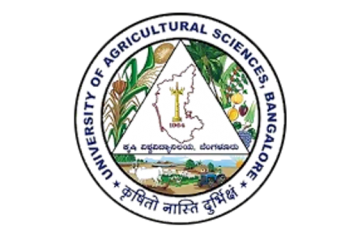Prospective study on the management of biodiversity and watersheds in Kodagu India
![]() ENVIRONMENT
ENVIRONMENT ![]() TRANSVERSAL
TRANSVERSAL

Services: Strategic analysis and foresight
Countries: India
Dates of intervention: 2012/03 - 2012/05
Main backer: University of Agricultural Sciences, Bangalore – India - Client
Main beneficiary: University of Agricultural Sciences, Bangalore – India
Support provider: David COMBAZ
Experts: David COMBAZ
Context of the service
The Kodagu District is located in the eastern Ghats range in the state of Karnataka in southern India. The richness of forest ecosystems, combined with a high rate of endemism, justified its inclusion in one of the world's 35 biodiversity hotspots. It is also in the Kodagu that the source of the Kaveri is located, one of the main rivers of South India, on which more than 9 million people depend in the cities of Bangalore and Mysore.
The biodiversity of forest ecosystems and the water resources of the Kodagu are under pressure from the intensification of coffee farming. In addition, the protected forests of the District are home to indigenous peoples, whose user rights have recently been recognized, which results in an increase in the risk of agricultural conversion and conflict with the forest services.
In this context, the University of Agricultural Sciences (UAS) in Bangalore called on AgroParisTech to carry out a prospective study focused on the management of biodiversity and the Upper Kaveri watershed.
Services provided
The expert was mobilized as part of a team of 8 people mandated by AgroParisTech to carry out the prospective study, which included the following steps:
- Definition of the applicable normative framework and modelling of the territory, its uses and dynamics;
- Characterization of the effective management of the environment: on the basis of semi-structured interviews (farmers, local authorities, decentralized services, indigenous communities, etc.), determination of practices affecting the environment, the corresponding interaction networks, the problems encountered and the prospects for development;
- Characterization of intentional environmental management: interviews with actors with a clear environmental management intention (NGOs, forestry services, research institutes, etc.) to characterize their practices, interactions, problems and vision of the territory;
- Discussion of 4 management scenarios: (i) Inclusion of coffee agroforestry in the voluntary carbon market, (ii) implementation of payments for environmental services (PES), (iii) application of strict regulatory protection and (iv) deregulation and liberalization of environmental management.
Summary of the service
Prospective study on the management of biodiversity and watersheds in the Kodagu District (Karnataka): Definition of the applicable normative framework and modelling of the territory, its uses and dynamics; Characterization of environmental management by local actors; Discussion of 4 management scenarios (inclusion of coffee agroforestry in the voluntary carbon market, implementation of PES, strict regulatory protection, deregulation and liberalization of environmental management).